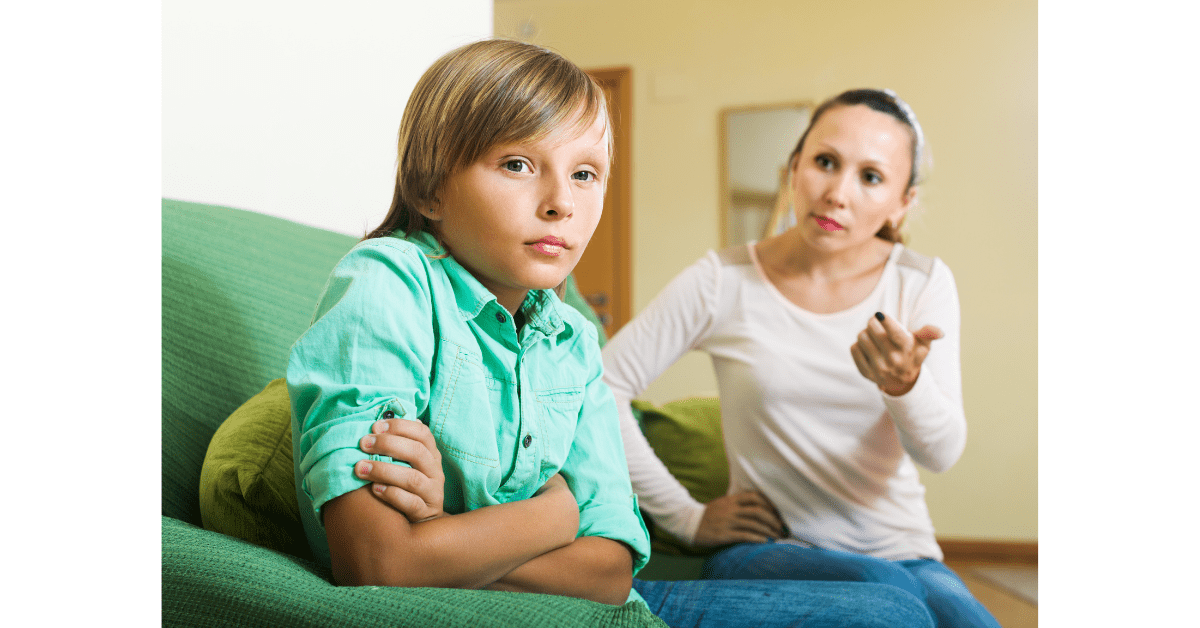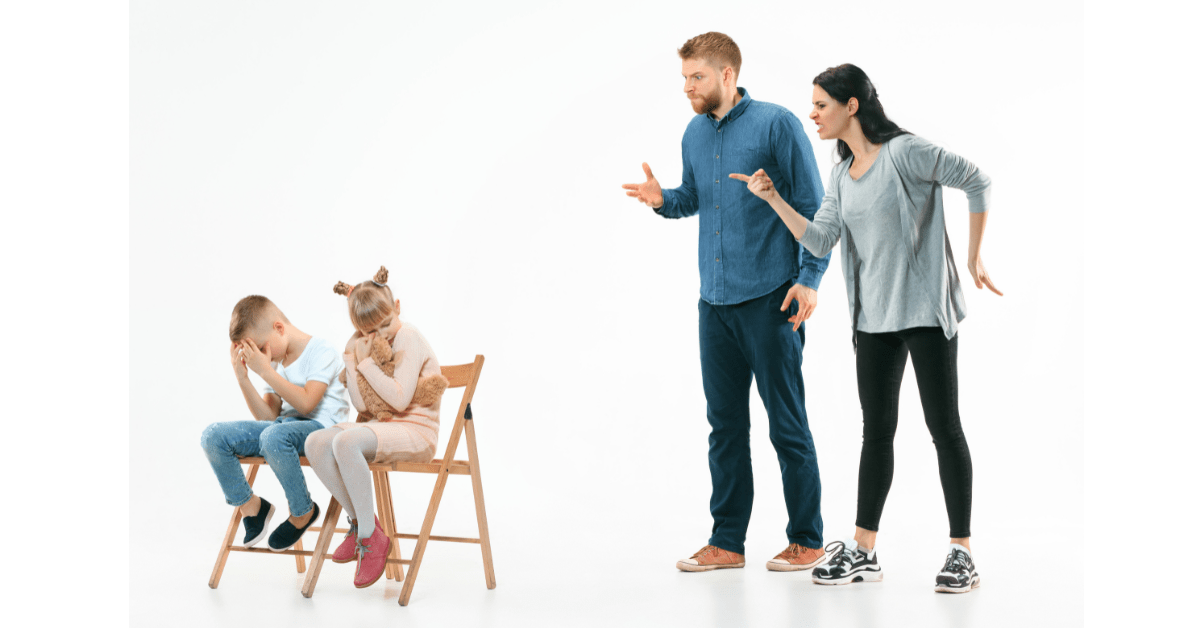Am I A Toxic Mom?
Addressing all the Moms : After reading and researching so much… I question my self all the time, am I a toxic mom? I feel like; Yes ..Yes. I am a Toxic Mom
I teach my children so much about life. I teach them Dear children, life is not a bed of roses you need to struggle to achieve your goals.. This is not like your dream one day and you receive what you ask for it the very next day.
Even if you want A*s in Cambridge you need to practice and struggle a lot. I feel like I am doing the right thing to teach my 15-year-old son all this.
Yes but suddenly when I stopped my other 13-year-old teen. Son, please no more devices. Enough with Mr. Beast Marathon, he thinks I am being too strict even on holidays. He wants me to loosen up house rules and go all Bazinga.
So in lead to it, the other tween believes that he can do the same.
Here is the complaint channel of my 7-year-old.
Mom don’t you think..
Mom don’t you believe..
That it’s unfair to me when everybody can go their own way… Why can’t I?
Though,
(I have set a One-Hour device Rule)
As per as cleaning their bedroom is concerned, they believe their is ALWAYS clean.
It’s okay if my foot got hurt with their toys. They always start a blame game there. I didn’t do it.
So, my question is Am I a Loving Mom or a Toxic Mom?
Some people say that love and toxic behavior are not the same. A mother may genuinely love her children but also demonstrate toxic traits or behaviors due to various reasons such as unresolved trauma, mental health issues, or learned behavior from their upbringing, meaning what she has gone through and she does not want that to happen to her kids or may doesn’t want her child to follow same life pattern. These things sometimes scare a mom. Which is true and as a mom, she should be scared of it.
BUT the question here is how she depicts it, what she implements or what methods or traits she uses to handle any scenario to make her children avoid adapting those traits or sometimes the surrounding suffering also causes temporary effects on the mental wellness of an individual. But if as a mother I start pouring out my aggression and adapt the traits which can leave a mark to exfoliate in their future years.
Guilt-tripping and manipulation is another issue with most mothers trying to make someone feel bad or sorry for something, even if they are not responsible for it. For example, if someone has health issues and they use it to make you feel guilty for something unrelated, like not spending enough time with them, that’s manipulation. It’s like they are trying to make you feel responsible for their health problems to get what they want.
HOW? If a mother is being scolded by any member of a family, especially if it’s a combined family system. Then there is a room for this effect. Sometimes the hormonal effects cause such mental and physical issues, which is hard for an individual and especially for a mother who is a multi-tasker who has to suffer a lot and the anger flows when she is failed to keep inside.
Obviously as a parent this should not happen. But constant harsh criticism to a mom, as she was a receiving end suddenly becomes a giving one and this becomes a part of daily conversation. But there is always a bounce back. Don’t think if you have given, you won’t be receiving it back. Once children are grown and especially teenagers, when they are not willing to take any sh*t from you. They will return. Oh they surely will, one way or another.
Controlling behavior for teenagers rather creates chaos in the house, it’s better to be friendly with them, not too friendly that they forget that you are their parents. You should not lose your demeanor as a parent. Just BE FIRM in your rules.
Humiliation and a Blame game are sometimes teenagers’ handy-tools. They start blaming and shouting with their mothers, whenever a mother tries to stop a sibling fight or wants to correct a child’s disrespectful language towards sibling or a complaint about teachers, their behavior becomes overbearing. As a result, if she tries to stop all this humiliating and blame game , she is suddenly labeled as a Toxic Mom, Because she is talking against them. Though their up raising testosterone confuses mother as well how to react. It is sometimes too late for her to handle this chaos.
In accordance to this the same teenage child start behaving same and mum’s believes as an invalidation of the child’s feelings and emotions
After all this a self blame starts within a mom, she thinks that Yes I Am A Toxic Mom because i have invalidated my child’s feelings and emotions. (This refers to the act of dismissing, belittling, or ignoring a child’s emotional experiences, making them feel as though their feelings are not valid or important) This can have a significant impact on a child’s emotional well-being and can contribute to various issues in their development.
Let me help you understand these with examples: But beware if it’s been done by you as a mother,
then you really need to think again and work on it.
Dismissing or Ignoring:
When a child expresses their emotions, such as sadness, anger, or fear, and the caregiver or adult ignores those feelings, the child may feel invalidated. For example, telling a child, “You’re overreacting” or “Stop being so sensitive” can make them feel like their emotions are not taken seriously.
Minimizing:
Minimizing a child’s feelings involves downplaying the significance of their emotions. Like telling them, “It’s not a big deal” or “You shouldn’t feel that way” can make a child feel like their feelings are unimportant.
Mocking or Ridiculing:
Mocking or ridiculing a child for expressing their feelings is extremely damaging. They may think that they may act vulnerable and that he or she is a piece of fun for adults. So they believe expressing vulnerability is not safe or acceptable.
Blaming:
Saying things like “You made me angry” instead of acknowledging and understanding the child’s feelings may make them feel responsible for adult emotions.
Comparing:
Comparing a child’s feelings to those of others, especially in a way that minimizes their experiences, can be invalidating. Phrases like “Other children have it worse” can make a child feel guilty. But where as telling that we should be “grateful for what we have” brings the attitude of gratitude among children
Invalidation can have a long-term impact on a child’s self-esteem, emotional regulation, and their ability to form healthy relationships. It may also contribute to the development of mental health issues such as anxiety and depression.
On the contrary, validating a child’s feelings involves acknowledging and accepting their emotions, even if you may not fully understand them. Validating statements, such as “I can see that you’re upset” or “It’s okay to feel that way,” help children feel heard and supported, fostering a healthy emotional development. So Moms That is the solution.
The teenage years can be a period of intense emotional turbulence, and the mother-teenager dynamic often takes the brunt of it. As a mother the most common frustrations she faces is a perceived lack of reciprocation – the feeling that our efforts, affection, and concern aren’t met with equal response from their teenagers. This can be incredibly disheartening and create a sense of disconnection.





